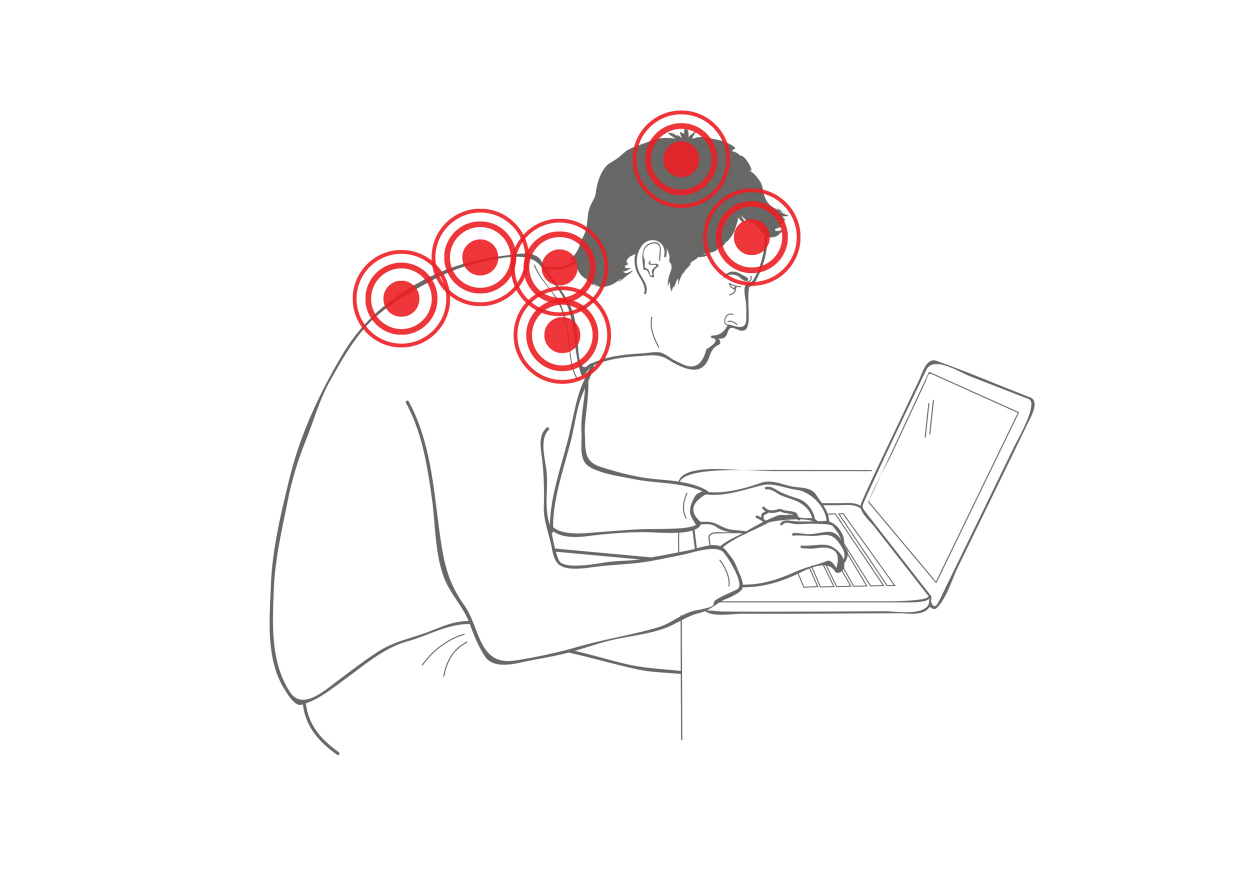Have you ever had that experience where a person claims something online, but you see them the next day and they’re totally different? Welcome to the ways of social media. Many people have experienced these awkward and sometimes confusing moments, but the worst of all is while in a relationship.
When you’re ready to “sadly” break up with someone, what do you do- sit down with them and talk, call them and tell the news, text them to let them know you’re done? Unfortunately, we younger generations have adapted a new method of ending a relationship- something called ghosting.“It’s exactly what it sounds like: a complete disappearing act rather than a proper goodbye,” says College Media Matters. “It’s a verb that refers to ending a romantic relationship by cutting off all contact and ignoring the former partner’s attempts to reach out.” It basically means you block and ignore everything your former partner could ever contact you on- whether it’s refusing to reply to their sorry texts, or avoiding them on social media. Although this method can’t work in the real world, it’s worth a try, right?
There are many more social constructs that only exist online, yet not many people realize it, including “liking” and “commenting.” When you’re scrolling through Instagram or Facebook, you may notice how many likes or comments a certain post can receive. Well, this is the internet’s way to show someone you’ve noticed them and may generally care about what they’re up to in life. Yet, in real life, rarely do people compliment you on your new jeans or freshly cut hair, but on social media, this is more than common. Liking consists of looking at a picture and tapping the “like” button, whereas commenting consists of, well, commenting on someone’s picture(s). It happens a lot on social media- that’s why celebrities like Beyonce rank up so many likes and comments on her bomb (insert swear word cause I can’t) pictures. But the thing is- the more beautiful and “photogenic” you are, the more likes you get. For example, if you take a picture of an aesthetically pleasing sunset, you’ll gain more likes and comments saying “trendy” or “beautiful!” and possibly more followers, versus a trash-can. That’s okay though, maybe that trash-can is aesthetically pleasing…?
Anyways, let’s get on to Screenshotting/Screen-recording. Screenshotting is something one does with an IPhone or Samsung (sorry other phone users). It takes a picture or video of whatever’s on your screen, and saves it in your camera roll. If you know other people have the ability to do this, I wouldn’t recommend sending those risky texts or pictures over instagram, as snapchat now shows users who screenshots or screen -records their stories and conversations.
If you’ve ever been in this situation, you know you can’t get out of it. They have the proof of your fight, or what you did out in the club last weekend. Oftentimes, people use these screenshots to blackmail , like threatening to show your parents, or sending out your “ugly” and very unnecessary nudity to everyone in your school.
Next one up is, Posers. Im sure I can say we all have encountered someone online who claims they have something cool when they obviously don’t. Since there are so many pictures out there, they sometimes fall back on “fake proof,” or a picture of the item that someone else has posted online already.
In real life, you can’t straight up claim you have the IPhone XXX when it hasn’t come out and expect anyone to believe you. You need the proof.Though, online, you can claim you have a cute husky/golden retriever mix and use a picture from google to backup your lies. At first it may make you look like you’re finally cool but once anyone finds out you’ve been lying, you’ll be booted back down to the bottom of the food chain. Tough luck.
Finally, we have the awful Catfishing. If you’ve been living under a rock your whole life, you probably haven’t heard about this term. Catfishing is something where a person, man or woman, sets up fake social media accounts and pretends to be someone that exists, though they are not that person. These catfishers are most-likely ashamed of their own looks and bodies, therefore they feel they need to lie about their real appearance in fear of not being accepted and loved for who they are. The reality of experiencing those with these behaviors is something unknowingly reoccurring in the world of social media.
The only way to prevent something like this happening, is to be real to yourself. Take precautions when chatting online, and don’t allow yourself to be caught up in the toxic ways our society has introduced us to.



